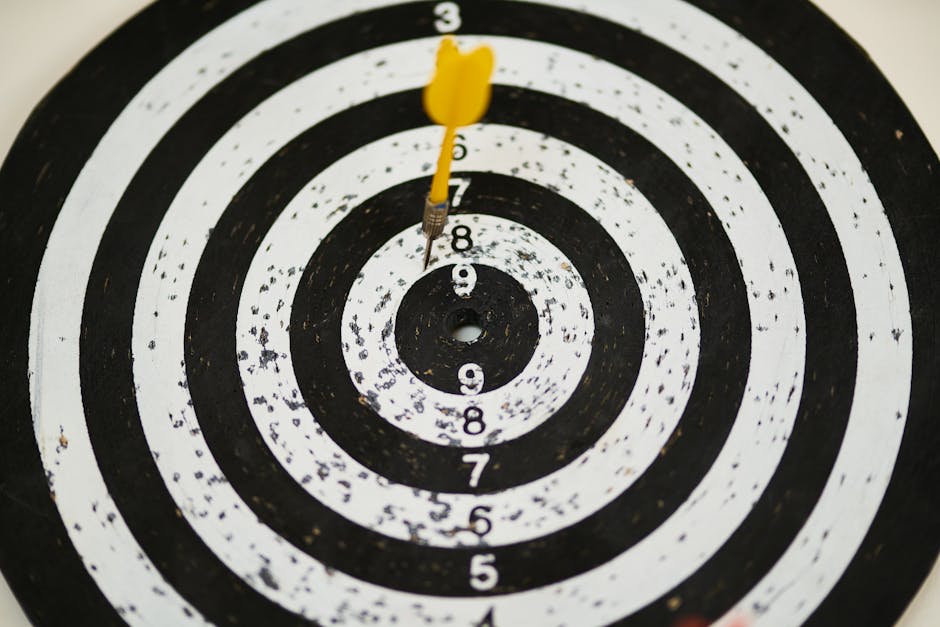
The Importance of Accurate Standards in Ensuring Fair Polygraph Examinations
Welcome to our deep dive into the world of polygraphs! Today, we’re exploring why maintaining accurate standards is essential for fair polygraph examinations. If you’ve ever wondered how lie detectors really work or why accuracy matters so much, you’re in the right place. Let’s unravel the mystery together! 🕵️♀️
Table of Contents
1. What Are Polygraph Examinations?
2. The Role of Standards in Polygraph Tests
3. Why Accuracy Matters
4. Ensuring Fairness in Examinations
5. Conclusion
6. FAQ
What Are Polygraph Examinations? 🤔
Polygraph examinations, often known as lie detector tests, are designed to measure physiological responses—like heart rate, blood pressure, and skin conductivity—to determine whether a person is being truthful. These tests are used in various fields, from criminal investigations to employment screenings.
The Role of Standards in Polygraph Tests 📏
Standards in polygraph tests serve as the backbone for ensuring that the process is consistent, reliable, and fair. These standards dictate how the tests should be conducted, how the data should be interpreted, and what qualifications examiners must have. Without standardized procedures, the risk of inaccuracies increases, potentially leading to unfair outcomes.
Why Accuracy Matters 🎯
Accuracy in polygraph examinations is crucial for several reasons:
1. Credibility: Accurate results bolster the credibility of the examination process.
2. Legal and Ethical Implications: Inaccurate results can lead to wrongful accusations or dismissals.
3. Trust: Ensuring accuracy helps maintain public trust in the institutions that use these tests.
Ensuring Fairness in Examinations ⚖️
To ensure fairness in polygraph examinations, it’s vital to adhere to established standards and continually reassess and refine these standards. This involves regular training for examiners, implementing the latest technology, and ensuring transparency in the examination process. Additionally, it is important for examinees to be fully informed about the process and their rights.
Conclusion
In conclusion, maintaining accurate standards in polygraph examinations is not just about ensuring accurate results; it’s about upholding the integrity of the entire process. By prioritizing standards, we can ensure that polygraph examinations remain a valuable tool for truth verification while protecting the rights and dignity of all involved.
FAQ ❓
Q1: How accurate are polygraph tests?
A: While polygraph tests can be quite accurate, they are not infallible. The accuracy can be influenced by the examiner’s skill, the examinee’s state of mind, and adherence to standards.
Q2: Can I refuse a polygraph test?
A: Yes, in most cases, taking a polygraph test is voluntary. It’s important to be aware of your rights and the implications of refusing a test.
Q3: How can I prepare for a polygraph test?
A: Being honest and staying calm is key. It may also help to familiarize yourself with the process beforehand to reduce anxiety.
Q4: Who sets the standards for polygraph examinations?
A: Standards are typically set by professional organizations like the American Polygraph Association, which provide guidelines for practice and ethics.
Q5: Are polygraph results admissible in court?
A: The admissibility of polygraph results varies by jurisdiction and is often up to the discretion of the court.
We hope this blog post has shed light on the importance of maintaining accurate standards in polygraph examinations. Remember, staying informed is your best tool! 😊
